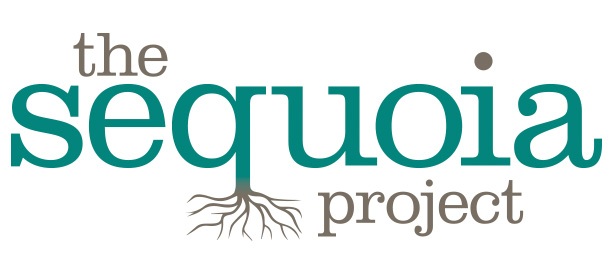
What You Should Know:
– Health Level Seven International (HL7®) and The Sequoia Project, leaders in promoting healthcare information technology (health IT) interoperability, announced a strategic collaboration to accelerate the adoption of the HL7 Fast Healthcare Interoperability Resources (FHIR®) standards in the US and globally.
– The HL7 FHIR® Accelerator (FAST) program, initially spearheaded by the Office of the National Coordinator for Health Information Technology (ONC), will continue under HL7’s leadership. This program has played a crucial role in addressing scalability challenges associated with FHIR adoption.
Boosting Interoperability Through Collaboration
This partnership aims to:
Standardize data exchange: By promoting the widespread adoption of FHIR, the collaboration strives to create a common language for exchanging healthcare data between different systems, fostering seamless information flow.
Enhance patient care: Improved interoperability allows for better coordination and communication among healthcare providers, leading to more informed decisions and potentially improved patient outcomes.
Reduce costs and complexity: Streamlined data exchange can lead to reduced administrative burdens and healthcare costs.
Focus Areas of Collaboration
The collaboration will initially focus on aligning efforts in several key areas:
Security: Ensuring secure and trustworthy data access through standardized registration, authorization, and authentication processes.
Patient identification: Implementing consistent and reliable digital identity and patient matching mechanisms.
National directory: Establishing a centralized directory for healthcare providers and organizations.
Hybrid/intermediary data exchange: Supporting seamless data exchange between different systems and platforms.
Consent management: Enabling efficient and secure patient consent for data sharing.
“At HL7, we are delighted to continue the journey toward meaningful interoperability with The Sequoia Project,” said Charles Jaffe, M.D., Ph.D., HL7 CEO. “Close collaboration is certain speed to market health IT interoperability improvements to reduce the strain on health systems, diminish clinician burden, and improve the lives of our patients.”